
Documentary provides rare glimpse into Xiaomi’s early days
The company's first prototype phone was so fragile you couldn't pick it up
It all started with a bowl of millet porridge.
On the morning of April 6, 2010, in a sparsely decorated office in Beijing, 13 men showed up for their first day of work at a new start-up. Xiaomi, which means millet (a type of cereal) in Chinese, was led by entrepreneur Lei Jun. Just six years earlier, he sold his online book retailer to Amazon for US$75 million.
The small team ate some porridge to mark the occasion, then got straight to work.
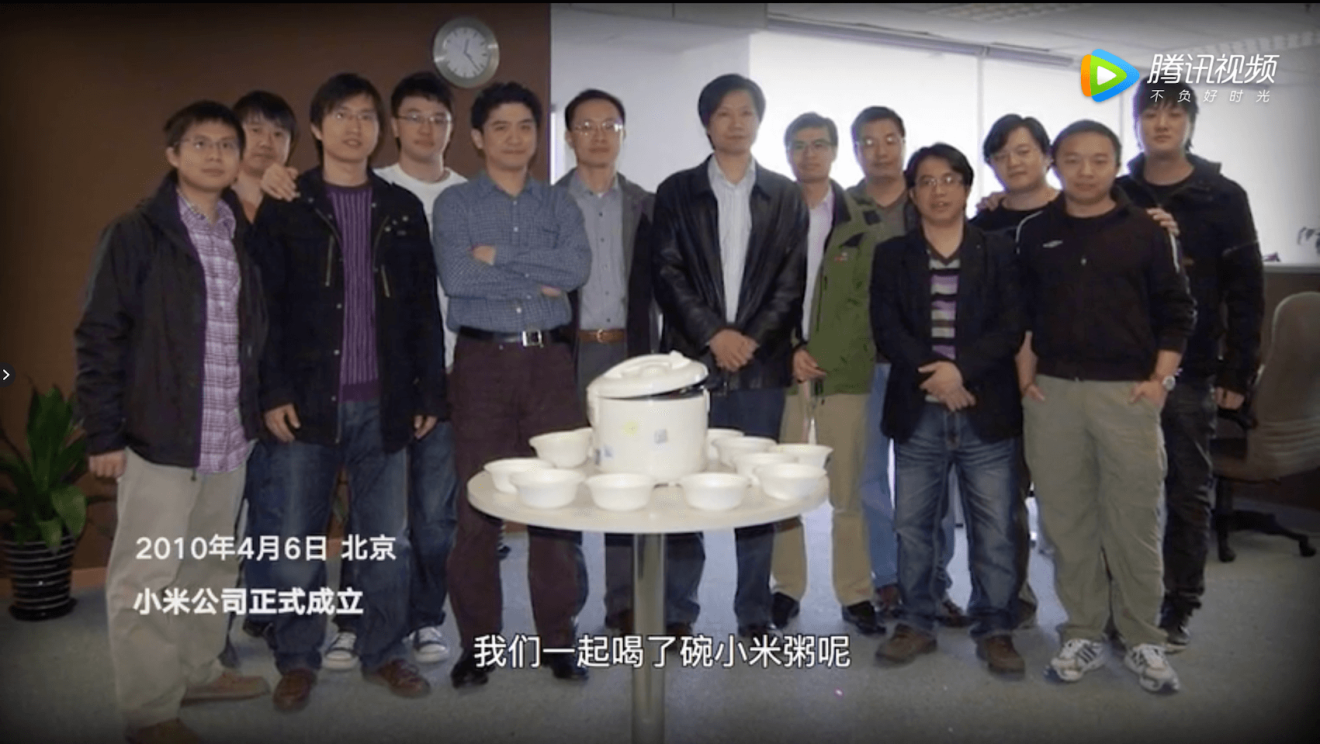
The 31-minute film includes rarely-seen footage from Xiaomi’s start-up days, including its first smartphone prototype. It was so fragile that picking it up would have messed up the internal hardware. The engineers were forced to bend their backs and stick their ears to the table every time they wanted to answer a call.
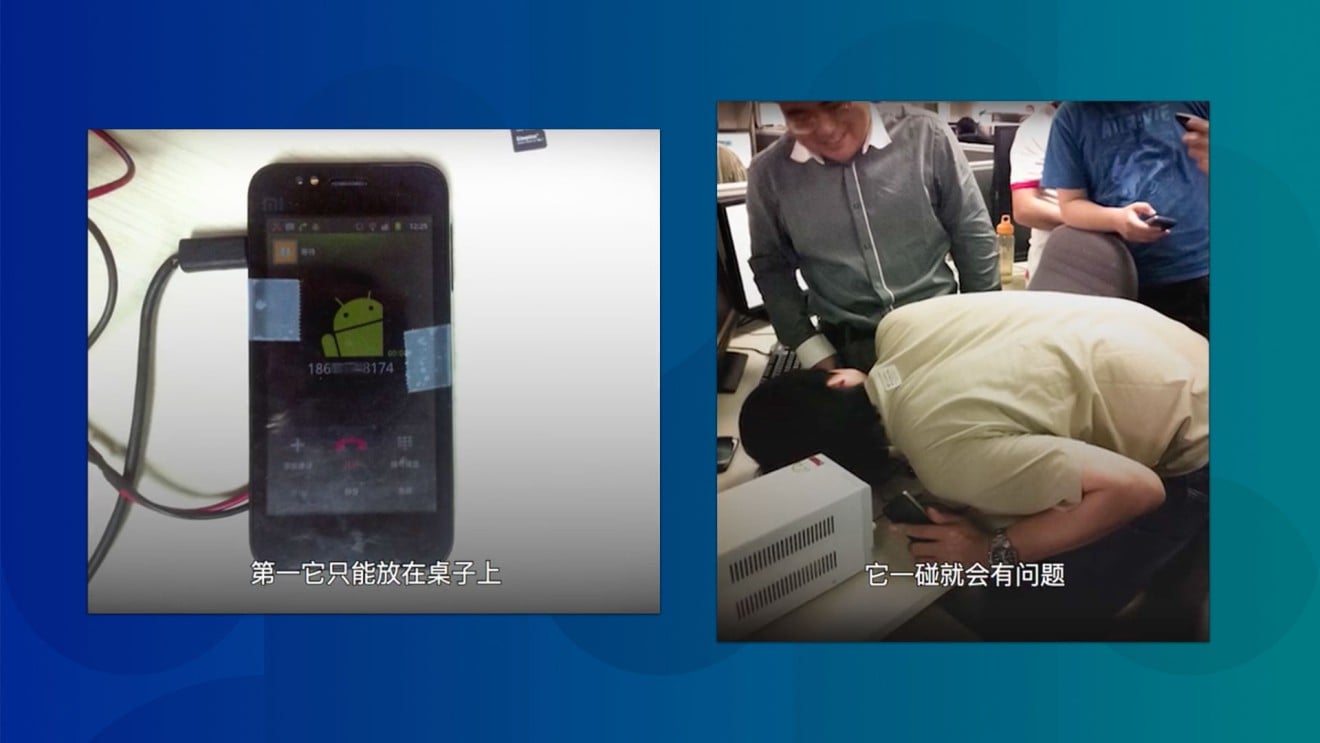
The documentary also follows Xiaomi’s meteoric rise and subsequent struggles, painting Lei as an idealist who insists on treating customers as friends and offering them products with exceptional value for money -- even as critics said his business model was unsustainable. In 2016, Xiaomi lost its crown as China’s top smartphone vendor.
Five of the weirdest products from Xiaomi
One of the most memorable moments was when Lei, standing in front of his troops, recalled a dramatic conversation he had with a highly-qualified job candidate holding an “impeccable resume”. According to Lei, the unnamed person boasted about being able to “sell straw like it was gold” -- an attitude that Lei said was contradictory to Xiaomi’s values.
“I don’t need someone who will lie to customers,” he said. “If you find out one day your friend has been selling straw to you at the price of gold, are you still friends?”
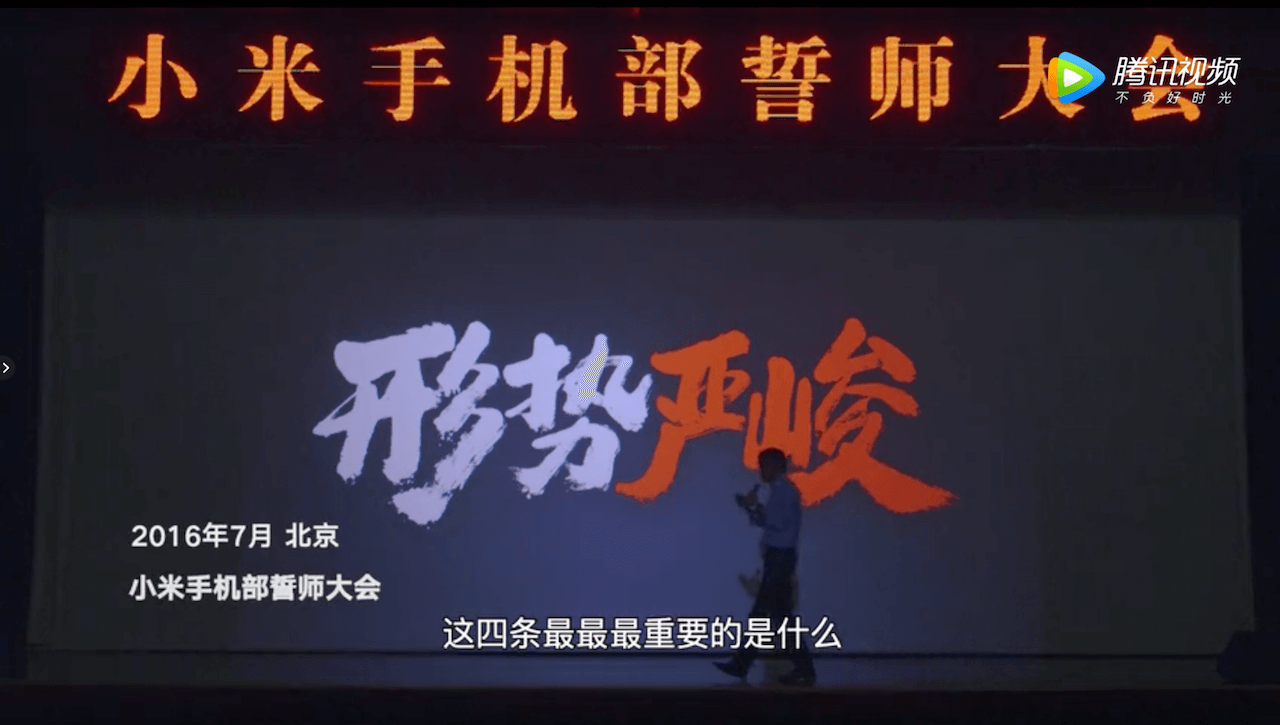
Xiaomi unveils flagship smartphone with a see-through glass back panel
The documentary shows lighter moments, like when Lei took to the stage during an annual staff gala in 2014, dressed up as Caishen -- the Chinese god of wealth.
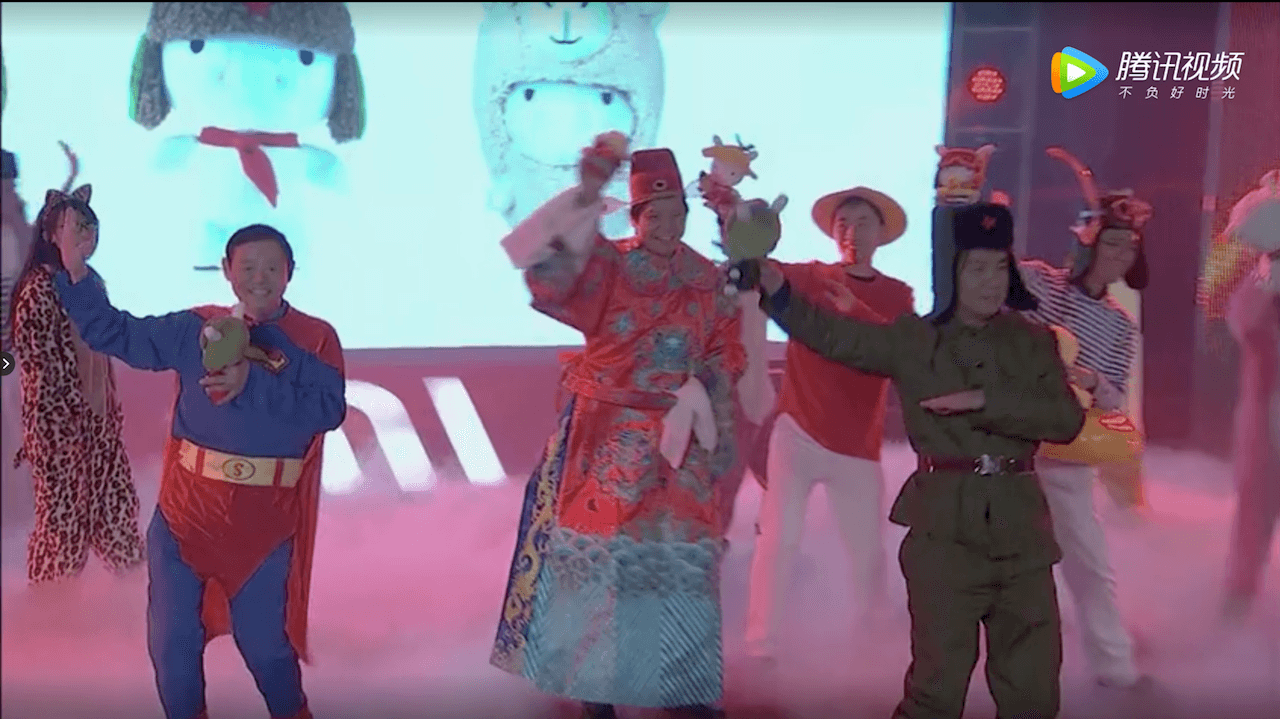
And there are scenes that remind us of how far Xiaomi has come: Just compare their office in 2012 versus the sprawling headquarters you see today.
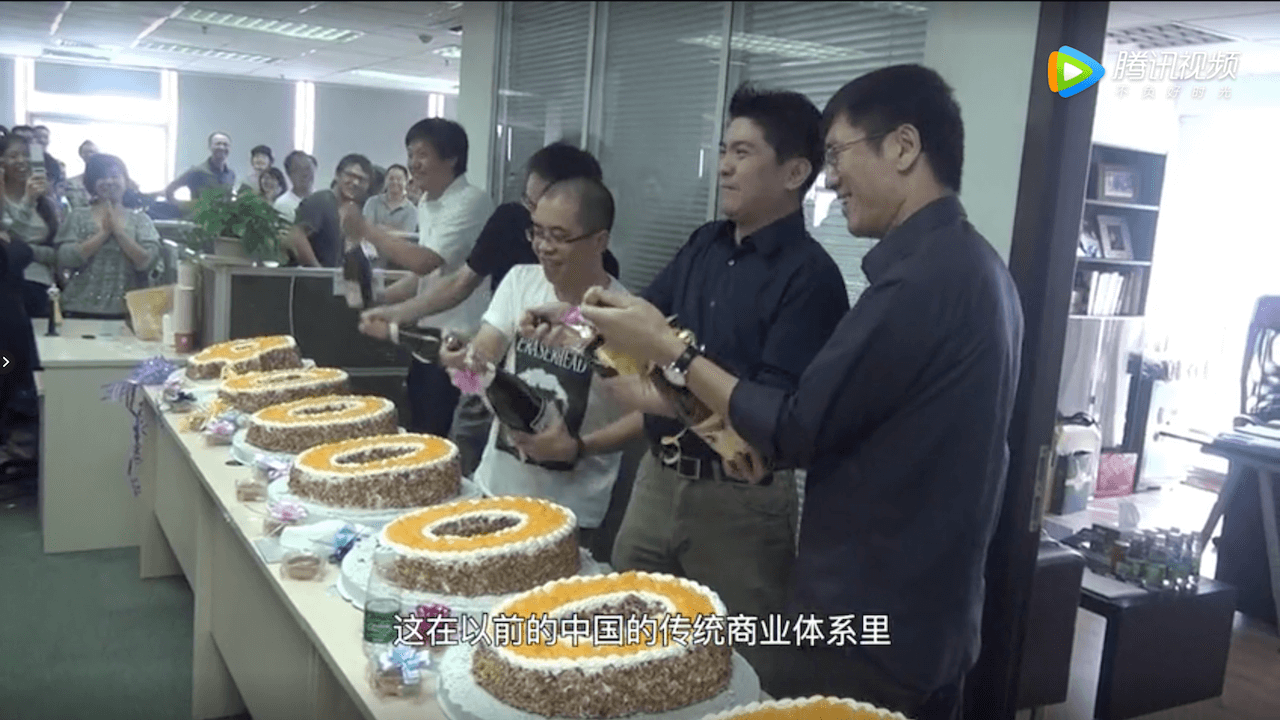
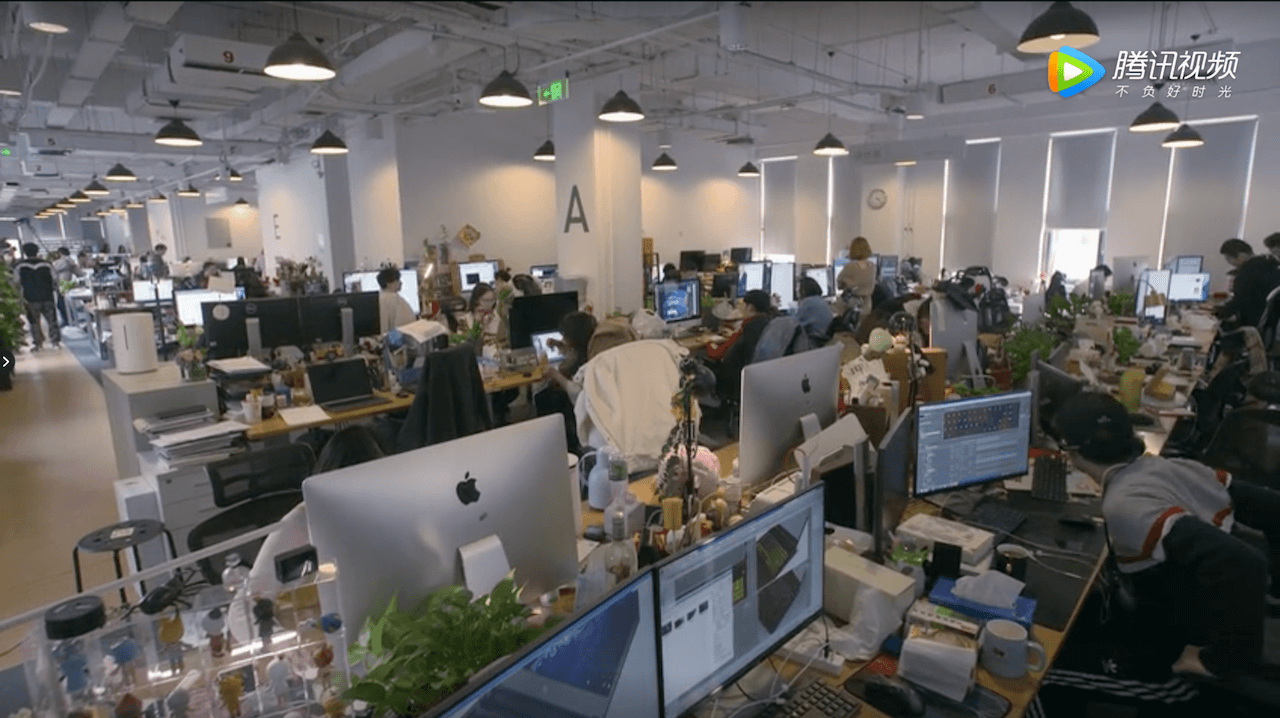
For more insights into China tech, sign up for our tech newsletters, subscribe to our Inside China Tech podcast, and download the comprehensive 2019 China Internet Report. Also roam China Tech City, an award-winning interactive digital map at our sister site Abacus.

